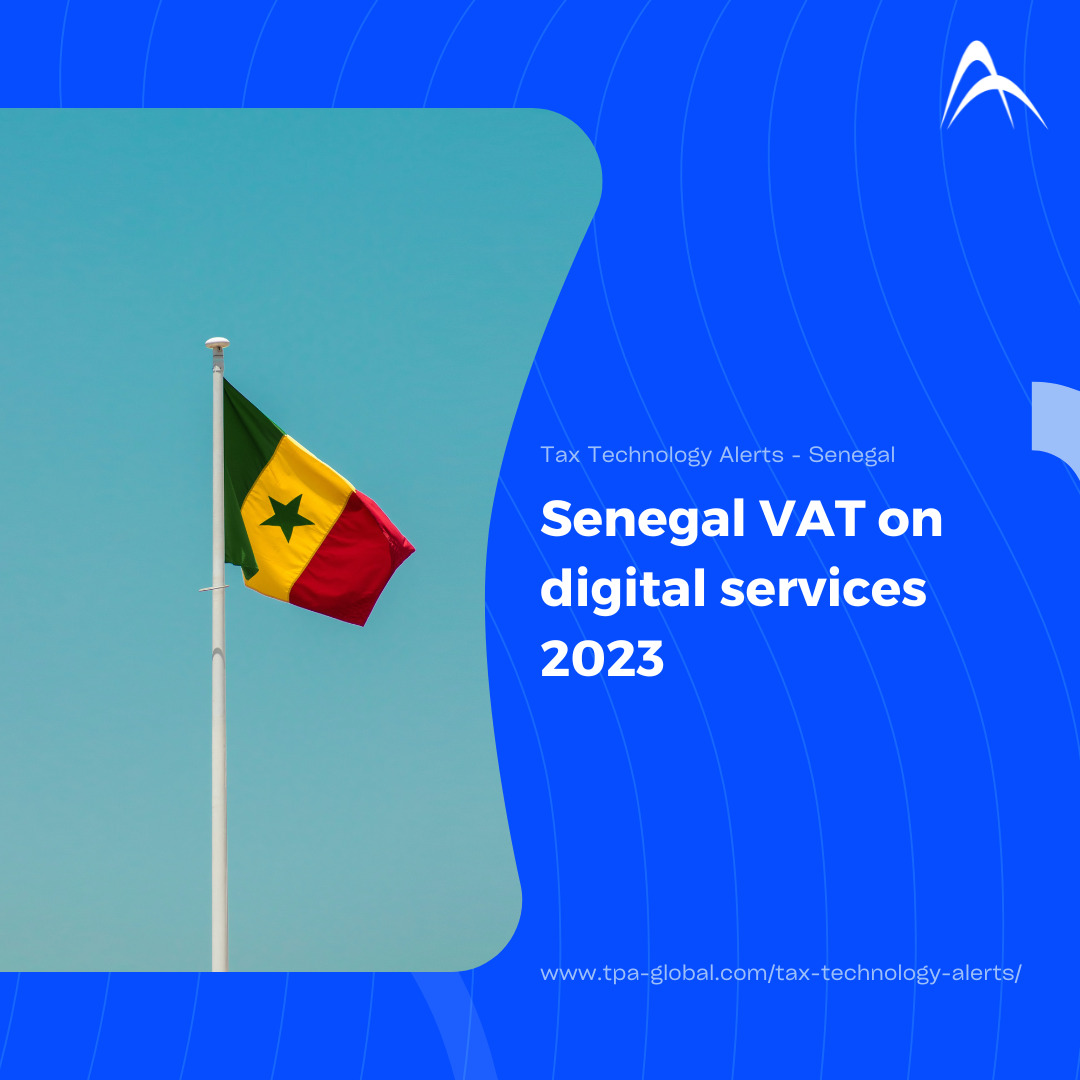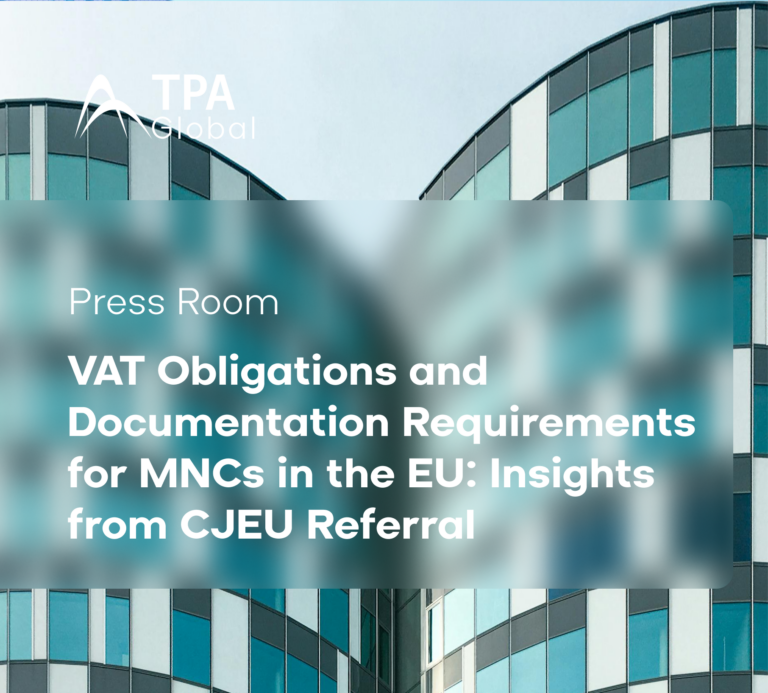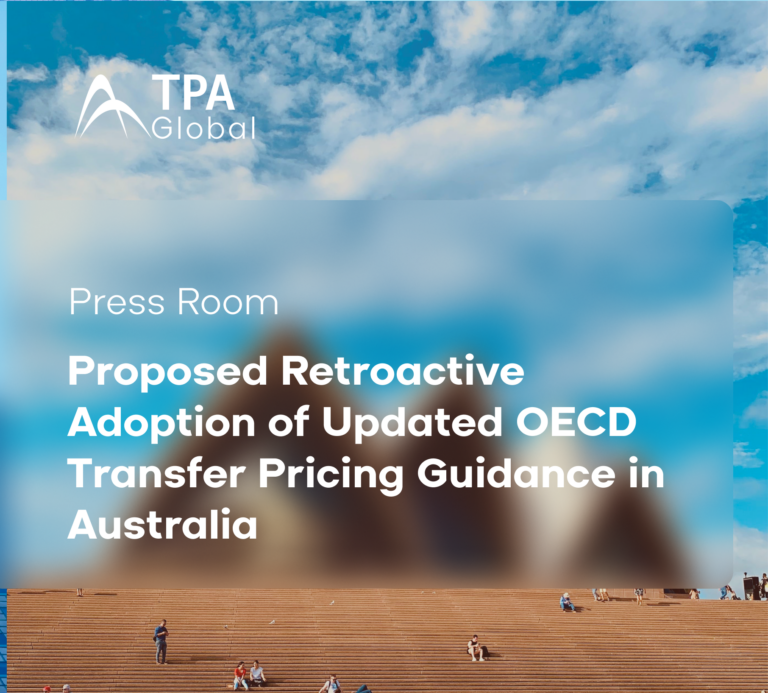Type: Legislation
The annual Finance Act in Senegal has confirmed the requirements for non-resident digital service providers to register for Value Added Tax (VAT). Business-to-business (B2B) supplies by foreign providers are now the responsibility of the Senegalese taxpayer, who should use the reverse charge mechanism to self-account for the VAT. The same rules apply to marketplaces and platforms under Article 31 of the Finance Act, which makes the intermediary responsible for VAT collections.
Digital services are defined as supplies of intangible goods or services conducted automatically on a computer and/or electronic network. Intermediaries are parties involved in online sales digital platforms or marketplaces. Any non-resident providing such taxable services must appoint a fiscal representative to register for VAT. The current VAT rate in Senegal is 18%.
Filing Senegalese or global VAT or Goods and Services Tax (GST) returns can be complex and prone to tax liability risks. VAT Calc’s VAT Filer is a tool that simplifies this process by accurately completing any country’s filings using verified transactional data. It is integrated with other tools such as the VAT Calculator or VAT Auditor.
Effective date: 2023



